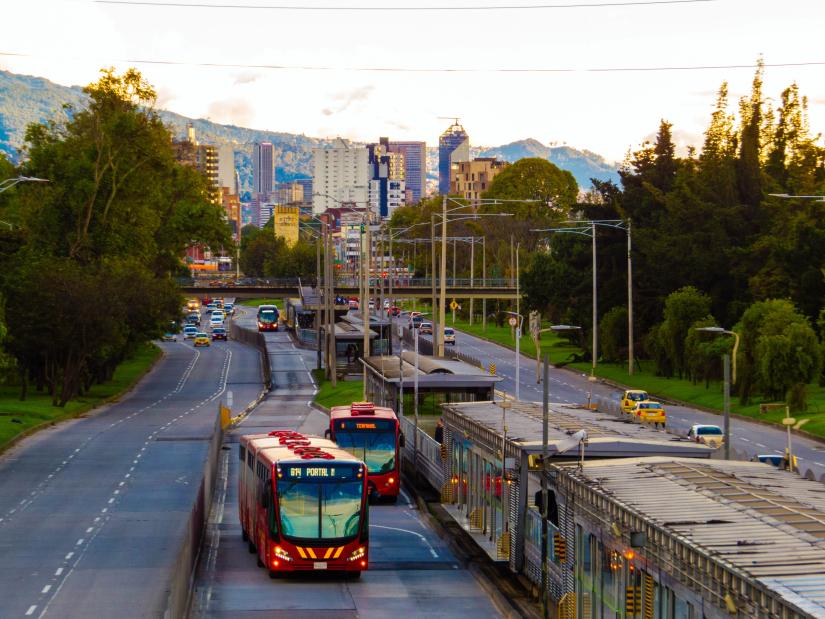A zero-emissions transport system is possible – here’s how to do it.

The world’s reliance on fuel is changing and the future of transportation is mostly electric.
While Electric Vehicles (EVs) are an important part of decarbonising passenger road transportation, they rely on mining minerals.
Large amounts of minerals like cobalt, lithium and nickel are mined to fuel the batteries that power EVs.
Despite industry claims, there are alternative pathways to achieving low-carbon transportation without increasing mining activities and their impacts.
Yet, research on mitigating these impacts remains limited.
So, how do we minimise harmful social and environmental impacts when mining minerals for transportation?
The blueprint for reducing mineral mining impact
We've launched the 'Minimizing Mining Impacts on the Road to Zero Emissions Transport' report with Earthworks.
Key findings to minimise impact:
- reduce car dependency, particularly in cities, through urban redesign and improved public transport, so fewer EVs are required
- shift to smaller, and more efficient EV models that require smaller batteries and thus, fewer mined resources
- use vehicles and batteries more intensively over their lifespan by reusing and repurposing EV batteries
- enhance recycling to ensure high recovery rates of minerals from used batteries
- establish and enforce responsible sourcing regulations and standards that protect from adverse human and environmental impacts.
It’s time for change
The report emphasises that a socially just transition is essential. Low-emissions transport should not disproportionately impact marginalised communities and be equitably shared.
“As we seek to reduce emissions from road transport, the priority has been on switching from fossil-fuel-powered cars to EVs,” says Elsa Dominish, the report’s lead researcher.
“We can reduce emissions much more rapidly if we focus not just on switching one technology for another, but on changing our transport systems so we are less reliant on private vehicles. Transitioning to active and public transport not only requires far less minerals than EVs and produces less emissions, but it also creates many other benefits, including equitable access to mobility, increased safety for pedestrians, improved health, and better quality of life,” she says.
more information

